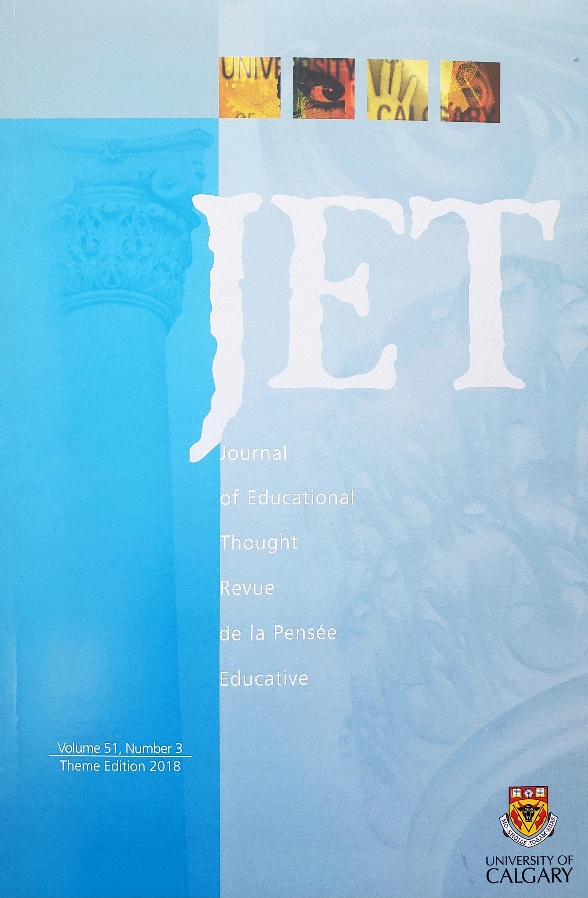Intercultural Competence in Higher Education: A Normative Anchor, a Developmental Perspective, and a Discursive Approach
DOI:
https://doi.org/10.55016/ojs/jet.v51i3.68269Abstract
How to advance intercultural competence among university educators has become an important topic in the discourse on internationalization of higher education. However, what constitutes intercultural competence, how to promote it, and toward what end remain to be questions that are subject to debate. This conceptual article aims to contribute to the debate by 1) proposing a normative anchor based on Habermas’ theory of “principle of universalization”; 2) presenting a developmental perspective on intercultural competence in the context of higher education; and 3) introducing a discursive approach to empirical research on intercultural competence. Drawing on examples from an empirical study, we demonstrate a major challenge facing university educators in teaching students from diverse cultural backgrounds and point out the gaps in the existing models of intercultural competence. We then explain first why Habermas’ theory of “principle of universalization” may be a guiding principle for defining and practicing intercultural competence; secondly how the discourse of intercultural competence can be enriched by incorporating perspectives from psychosocial developmental theories; and thirdly why a discursive approach to research is a fruitful direction for empirical studies of intercultural competence. Finally, we provide a discussion on the implications of our proposals for teaching and learning in higher education.Downloads
Published
2019-05-21
Issue
Section
Articles
License
The Journal of Educational Thought retains first publication rights for all articles. The Journal grants reproduction rights for noncommercial educational purposes with the provision that full acknowledgement of the work’s source be noted on each copy. The Journal will redirect to the appropriate authors any inquiries for further commercial publication of individual articles. All authors wishing to publish in JET will be asked to fill in and sign a Consent to Publish and Transfer of Copyright agreement.
Authors must affirm that any submission to JET has not been and will not be published or submitted elsewhere while under considration by JET.

